
Extended Producer Responsability

Develop new opportunities for innovation and create value for construction industry professionals
On a daily basis, Alcimed helps industrial players in their innovation projects and in creating value linked to the extended producer responsibility (EPR) sector: putting in place an eco-design approach, market and sector studies, waste management and valorization, technology state-of-the-art, defining offers and services, re-shaping business models, and more.
They trust us





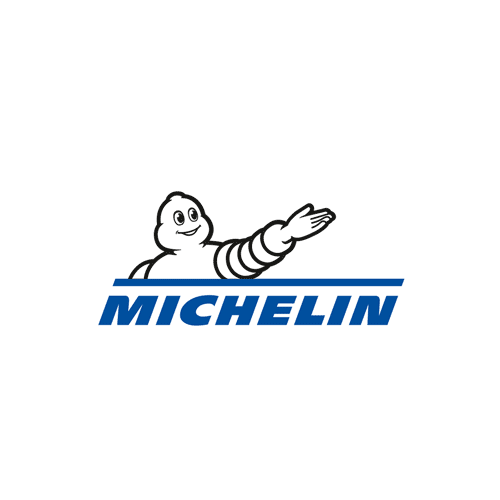

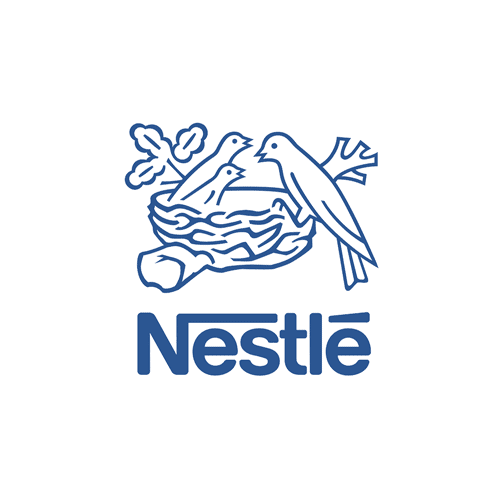
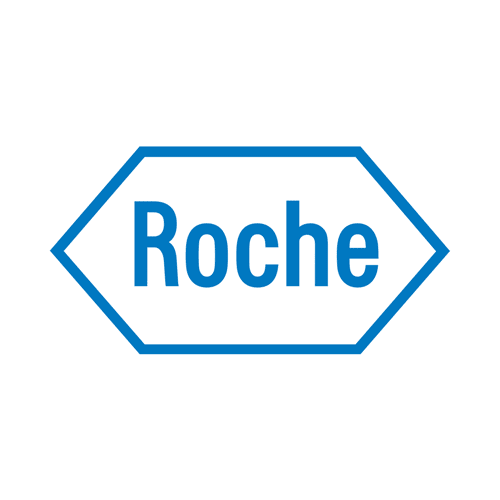
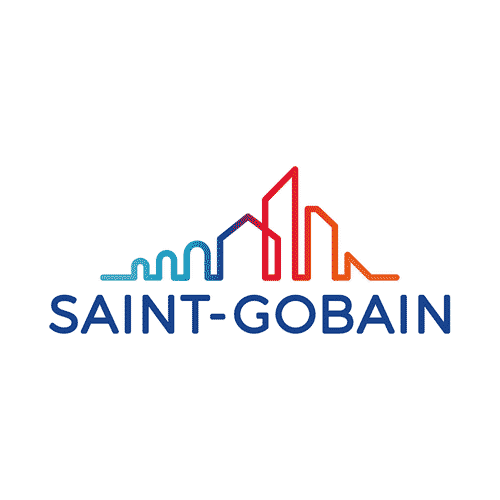

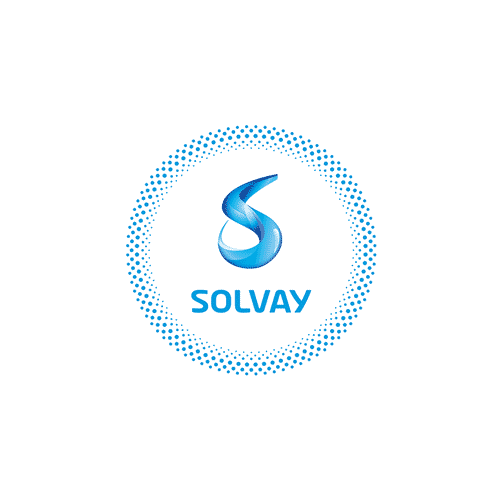

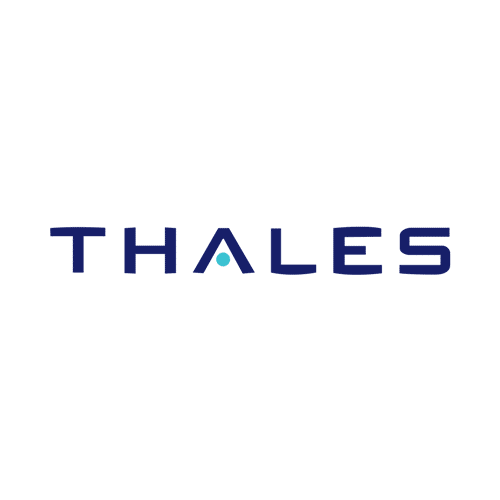
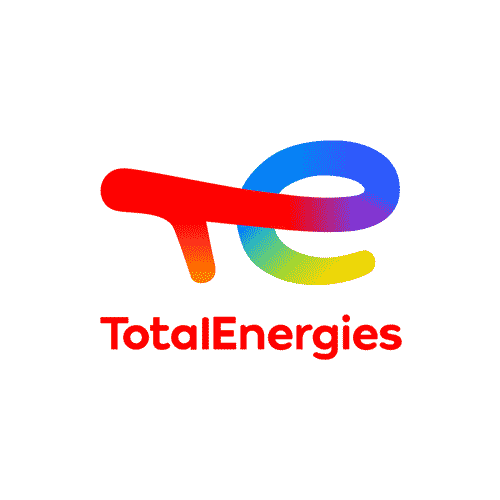
The challenges related to Extended Producer Responsibility (EPR)
Each year in France alone, around 46 millions of tons of waste are produced from building construction materials and products packaging. The management of this waste represents a major challenge, especially in the context of the current environment crisis.
To address this, the law “anti-waste for a circular economy” (AGEC) was introduced in 2020 to create new EPR systems, notably those concerning waste disposal from mineral and synthetic oil industries, tobacco products, and the construction industry. The objective of the extended producer responsibility system for the construction industry was to increase reuse, improve material recycling, and reduce illegal dumping of waste.
The construction-specific EPR came into effect on May 1, 2023, and was associated with four key eco-organizations: Valobat, Valdelia, Ecomaison, and Ecominero. It specifically concerns concrete, metal, wood, plaster, plastic, glass, paper, and cardboard.
The installment of the construction EPR will impose numerous obligations to materials manufacturers that can be grouped into three key challenges:
- Putting in place genuine steps of eco-design
- Developing ecosystems that promote efficient waste recycling solutions
- Improving waste tacking systems
While these obligations are technical and economic challenges, they can also be sources of innovation and ways to create genuine value for different construction players.
For the construction EPR to take hold and completely integrate in a circular economy, manufacturers must deeply reflect about eco-conscious solutions from the beginning. These solutions take into account:
- Putting into place new manufacturing protocols to find less energy-consuming alternatives, for concrete or glass for example, and to create new production circuits in a more local setting
- Identification of new raw materials based on renewable resources that can replace or reduce substances with limited reuse and recyclability, or which limit integration of recycled materials (this is particularly the case with sand used for making concrete)
- Reflecting on new ways to use products and materials in order to reduce external sources of material pollution, such as glues and adhesives, and thus to facilitate their reuse or recovery
Today, environmental certifications such as BREEAM (Building Research Establishment Assessment Method) or LEED (Leadership in Energy and Environmental Design) are pushing players to adopt these approaches. But additional efforts are still needed to fully respond to eco-design challenges and encourage recycling, which are still perceived as constraints due to the extra costs they entail.
What are the primary resources of tomorrow? What tools are currently available or should be developed in the future to put internal eco-design strategies in place?
The extended producer responsibility (EPR) specifications have recycling goals for each material stream to meet by the end of 2027. For example, it establishes all necessary steps to be deployed for 37% of plaster streams and 45% of wood streams to be recycled. To meet these objectives, stakeholders must coordinate in order to:
- Carry out an assessment of the current situation to identify economic and technical blockers, and as a result the levers to put in place to remove them. This includes a quantitative estimate of waste available in order to better design recycling centers that are the correct size
- Increasing the geographic coverage of waste collection points as much as possible to encourage users to deposit their waste as close to their work sites as possible
- Reflecting on new ways to reuse recycled material in order to increase its usage
What are the current economic and technical blockers for developing waste recycling workflows in the construction industry? What levers can be employed to overcome these blockers? What technologies are specifically adapted to the different material streams to achieve recycling objectives?
Eco-design strategies and the development of efficient recycling solutions should be based on the implementation of traceability tools, an obligation that is part of the construction EPR code specifications. Notably, such a system should be able to collect quantitative details about the compositional origins of a product or material, the history of its production, its location after installation, and its destination as waste. These data will allow, amongst other benefits:
- The promotion of selective deconstruction to facilitate sorting of different material streams, and as such to better target adapted recycling channels, which is entirely in line with waste management prevention policies
- Quantifying and managing dangerous materials which are forbidden in today’s market, such as asbestos or phthalates, which were used as plasticizers in the design of PVC
- Guaranteeing quality, the respect of regulations, and the creation of a responsible supply chain
- To compile the collected data and make them accessible throughout the entire life of a product or material, one solution used today is BIM (Building Information Modeling), which allows the creation of databases for this purpose.
What tools should be developed to implement effective traceability solutions? How can we coordinate players to better facilitate access to traceability data?
How we support you in your projects related to Extended Producer Eesponsibility (EPR)
For more than 25 years, Alcimed has been helping construction players rise up to the challenges of innovation and developing new markets. For years, environmental questions have been of key importance for different players: energetic efficiency, low-carbon concrete, modular construction, and more. With the establishment of the construction EPR, this environmental dynamic has grown and pushed players to reflect on new modes of interacting within their ecosystems.
The diversity of our clients, the geographic areas we explore, and the types of projects we carry out give us a global and in-depth understanding of the problems and challenges linked to the extended producer responsibility sectors. For example, other industries that Alcimed has worked in have already seen this evolution (including packaging, electronic waste, tires, and medication). Thus, our clients making this transition benefit from our experience in these sectors.
Our projects cover diverse issues such as benchmarks and state-of-the-arts to inspire the design of more responsible approaches, to studies of multisectoral industries to identify new ways to value waste, or even developing new services to implement new business models.
Examples of recent projects carried out for our clients in Extended Producer Eesponsibility (EPR)
Developing a new offer of geosourced materials derived from deconstruction
Reducing excavated soil and waste production from building construction by recycling and recovering them is of more and more interest to contractors as it responds to two major challenges in terms of environment in the sector: reducing the carbon footprint of construction and saving non-renewable resources. However, this reduction requires considering new production and distribution channels for these geosourced construction materials.
We supported one of our clients, an industry leader in building construction, to identify the best possible position on the value chain to develop their activity. We helped them to:
- Define different offers and possible positions around manufacturing geosourced construction material
- Evaluate the level of interest of different players in their sector for the imagined offers
- Select the most pertinent offer and the prioritized players to meet
- Work their business model and think of partners with whom to start the activity
This project allowed our client to define and validate the positioning of their new offer on the market.
Identifying and characterizing new waste deposits for glass
Collecting glass waste is a key challenge for reducing energy consumption necessary to produce new glass. In most European countries, there are already effective channels for collecting and treating glass. To continue to increase the amount of portion of recycled glass used for producing new glass, it is important to find new deposit channels.
We helped a construction player to identify and secure new sources of recyclable glass by analyzing the level of maturity of glass collection from building deconstruction. This study allowed our client to:
- Evaluate the potential of the waste stream management
- Estimate the current collection rate and its potential evolution, notably with respect to changing regulations
- Identify and characterize current players in the market
- Define good practices to implement in order to optimize the recovery of these deposits
Market study of recycled aggregates in different European countries
For many years, different approaches have been developed to reduce the carbon impact of the construction industry. Among these different approaches, using recycled aggregates (aggregates produced during building deconstruction) has gathered interest.
Our client wanted to understand the maturity of this approach, identify the associated players, and characterize the anticipated developments in different European countries. We supported our client by:
- Conducting a state of affairs study of the regulatory context in each country
- Analyzing the channels in place
- Evaluating the attractiveness of the different countries studied (associated waste channels, level of interest, competition)
This project allowed our client to evaluate the level of opportunity for each of the studied country and define associated plans of action.
Evaluation of development opportunities for an offer of traceability services
Beyond the problems of counterfeiting and quality in the agri-food and health sectors, today traceability is more and more associated with eco-design challenges and recycling in the construction sector. As a result, the different players in the value chain are investigating tools to respond to this problem. Amongst the anticipated tools, BIM seems to be a solid candidate as a support for data generated by a traceability system.
We supported an industry leader in the identification of trends and analyzing the maturity of traceability in the construction sector in order to confirm the interest in proposing a dedicated service for their products. Our study allowed our client to:
- Evaluate the potential opportunities all along the life cycle of its product, from its use in construction sites to the end of its life
- Highlight the players interested in such a service and the associated benefits
- To build case studies to explore in order to establish new business models
Understanding of the possibilities for an eco-organisation to incorporate recycled materials
An eco-organisation wanted to have a better understanding of the possibilities for incorporating recycled materials so that it could define the right support for its manufacturers.
For this project, we intervened on two levels:
- At the industry level, by carrying out an inventory of the markets concerned: typologies of players, assessment of French production and imports, assessment of associated deposits, identification of families of materials.
- At stakeholder level, by conducting interviews with different types of stakeholder (producers, importers, distributors) to gain a better understanding of the opportunities, risks and obstacles to integrating recycled materials.
In addition to recycling issues, we also looked at questions of eco-design and the durability of items.
This study provided our customer with the information they needed to consider the mechanisms that could be put in place to support the industry.
You have a project?
To go further
Healthcare
How to reduce the environmental impact of pharmaceuticals downstream of the value chain
Find out what actions to take to reduce the environmental impact of the distribution and life cycle of pharmaceutical products.
Chemicals - Materials
« Plastic is fantastic! » – Rational use and plastic recycling industry
Plastic is a ubiquitous material, and its use and recycling are increasingly regulated. Between alternatives to plastic and strongly structured plastic recycling industries, is the "plastic bashing" ...
Energy - Environment - Mobility
5 levers for reducing the environmental impact of renewable energy
The environmental impact of renewable energy, like wind power, is not neutral. Discover 5 ways to reduce their ecological footprint.
Founded in 1993, Alcimed is an innovation and new business consulting firm, specializing in innovation driven sectors: life sciences (healthcare, biotech, agrifood), energy, environment, mobility, chemicals, materials, cosmetics, aeronautics, space and defence.
Our purpose? Helping both private and public decision-makers explore and develop their uncharted territories: new technologies, new offers, new geographies, possible futures, and new ways to innovate.
Located across eight offices around the world (France, Europe, Singapore and the United States), our team is made up of 220 highly-qualified, multicultural and passionate explorers, with a blended science/technology and business culture.
Our dream? To build a team of 1,000 explorers, to design tomorrow’s world hand in hand with our clients.
Extended producer responsibility (EPR) is a tool based on the “polluter pays” principle that was started in France in 1992, with the application of a decree creating the first extended producer responsibility (EPR) policy for household packaging. This decree established the principles of this responsibility, which required producers to be responsible for the entire life cycles of their products.
The players of a given sector are organized around government-accredited eco-organizations, which define specifications such as recycling targets. They annually collect eco-contributions from manufacturers, distributors, and importers to fund waste collection, sorting, and recycling services. Today, over 30 EPR systems exist.
The main objectives of Extended Producer Responsibility (EPR) are to
- To make producers more responsible for their activities;
- To promote the eco-design of products and their environmental sustainability;
- Promote the circular economy;
- Encourage the reduction, reuse, recycling and appropriate treatment of waste to reduce its environmental impact;
- Encourage producers to innovate in the design of products to make them more sustainable;
- Encourage producers and distributors to reduce their overall environmental footprint.
Many industrial sectors are now covered by EPR , including electrical and electronic equipment, batteries and accumulators, chemicals, medicines for human use, medical devices, household packaging, etc.


